Having a good grasp of the various business model is essential for any entrepreneur. Implementing the right business that fits your product or service can be a deciding factor on whether your business will shoot up or plummet.
If you are planning to start a business it should fall under at least one of these business models. A business can adopt more than one business model.
Business models are classified into various types and at times they may be confusing and overwhelming. At the end of this article, you will have a crystal clear understanding of the 9 different types of business models, their pros and cons.
D2C
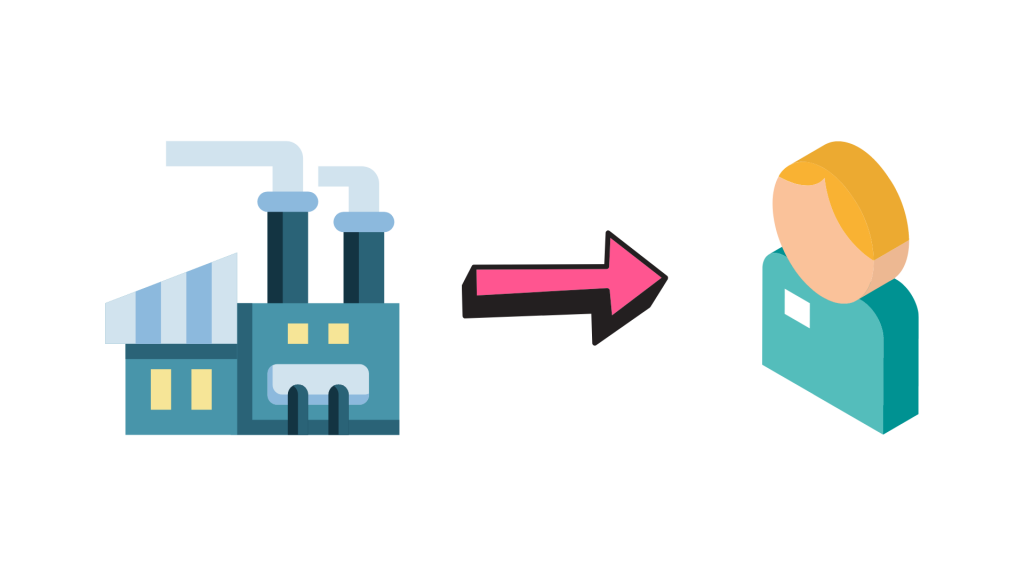
The direct-to-customer (D2C) model is where the manufacturer or brand directly sells to the customer while cutting off the middle man. There are no wholesalers, dealers, distributors, retailers involved. Many believe D2C is the future and this is not just a shot in the dark. Research has shown that more than half the buys prefer buying directly from the manufacturer.
Advantages
- Saves the middle man cost making the product cheaper while the company makes more profit
- Company receives the consumer’s information which can further be used to make marketing strategies
- Ensure a good relationship with customers and better brand messaging.
- Get immediate feedback from customers
Disadvantages
- Requires more resources and manpower
- Without resellers and wholesalers reaching the customer is difficult
- Complex management and difficulty in scaling
B2B
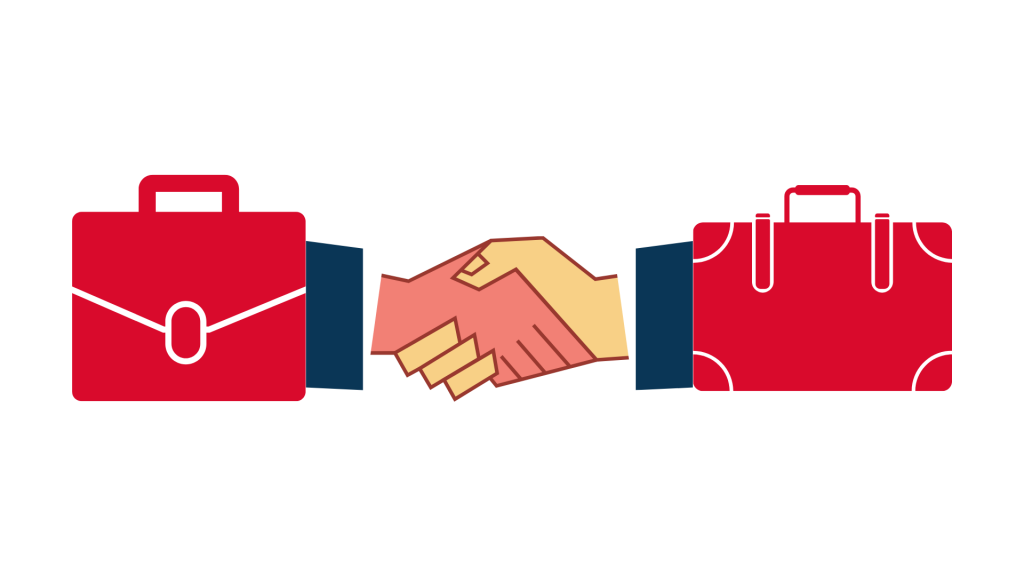
In the Business-to-business (B2B) model, business takes place between businesses. The end consumer is not involved in this business model. The transaction is generally between a manufacturer and a wholesaler or a wholesaler and a retailer in a bulk. A business that adopts the B2B business model takes place in a supply chain and the business does not have to deal with consumers directly.
Advantages
- Stable profit and sales
- More sales due to bulk orders
- Unlike other business models B2B market is predictable
Disadvantages
- Lots of paperwork and time required
- Limited Market
- Requires network with other businesses
B2C
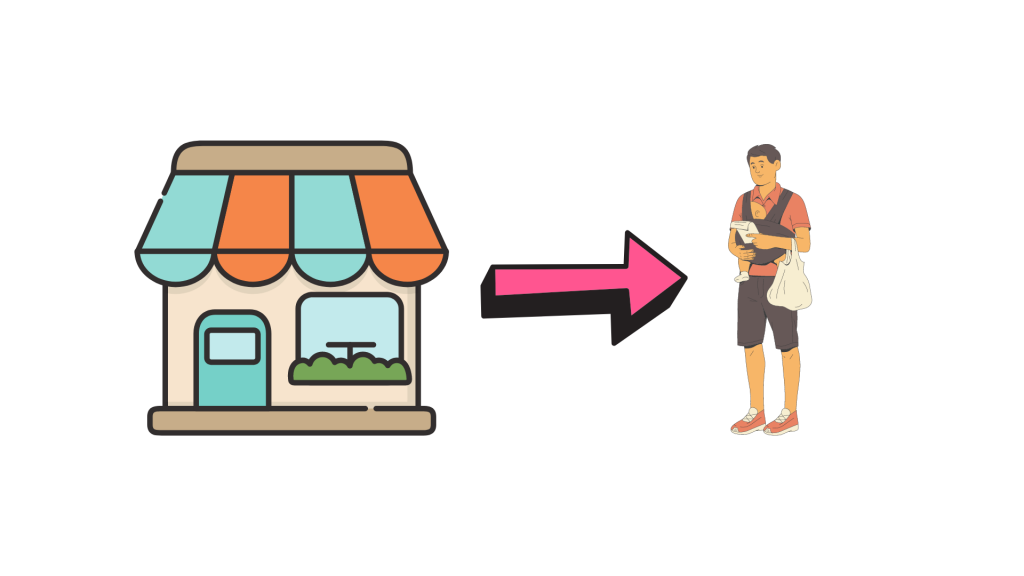
Business-to-Customer (B2C) is a business model whereby the business sells its products and services directly to the customer.
Sounds similar to the D2C model right?
Although the model sounds very similar to the D2C model, they have their own unique feature. In the D2C model, the manufacturer sells directly to the end consumer but in the B2C model there is a retailer that sources products from the manufacturer and sells it to the customer
Advantages
- Huge market
- Direct customer interaction
- Access to customer data
- Low barrier of entry
Disadvantages
- Fierce competition
- Sourcing process can be cumbersome
- Marketing the product
C2C
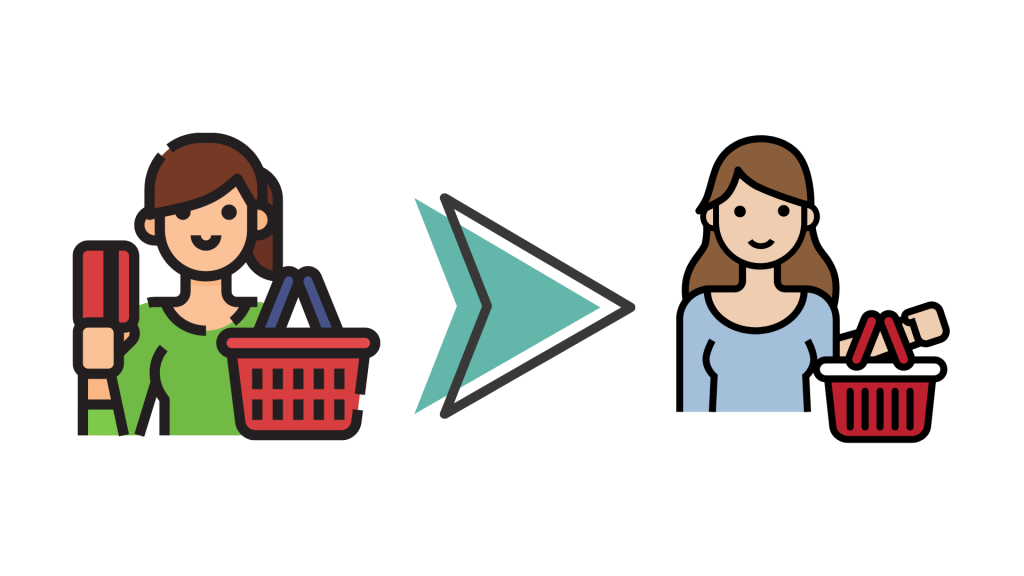
Customer-to-customer is a business model that involves transactions between two individual end-customers. Craigslist, eBay are good examples of C2C marketplace. A C2C marketplace acts as a bridge between two customers and facilitates the transaction process. Most C2C markets generate income by charging fees from the seller for listing their product
Advantages
- Large customer base
- More profit due to no middle man
- No burden for the payment process
Disadvantages
- Competition
- No quality assurance for buyers
- Platform fees
B2B2B
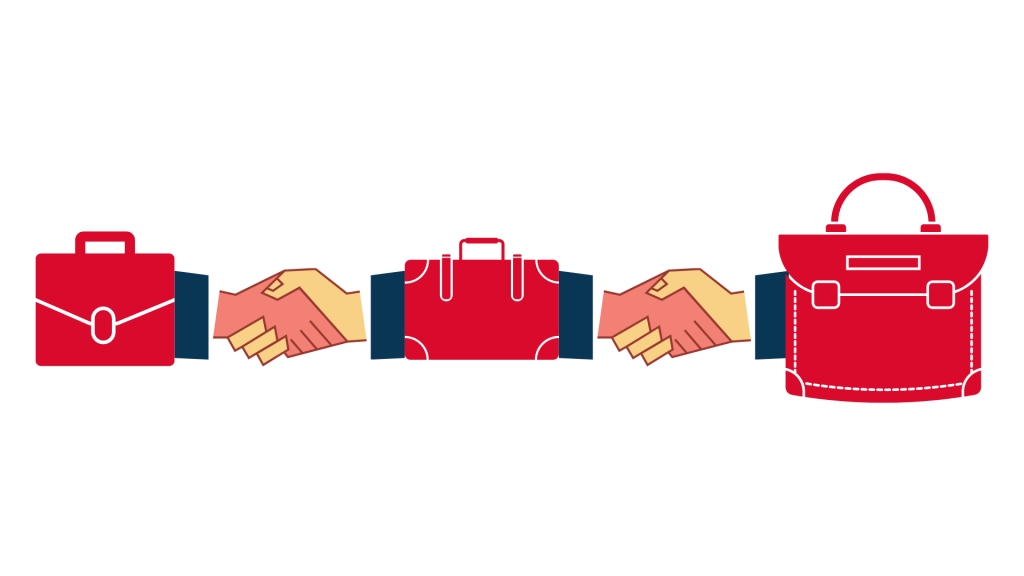
Business-to-business-to-business is a model of accessing other businesses’ network business to conduct a B2B transaction with them. Suppose there are 2 businesses B1 and B2. When there is a B2B2B model between B1 and B2, B1 accesses the network of businesses of B2 and tries to do a B2C transaction with them
Advantages
- Potential of fast growth
- Access to a network of businesses
Disadvantage
- Difficult to find authentic businesses to partner with.
B2B2C
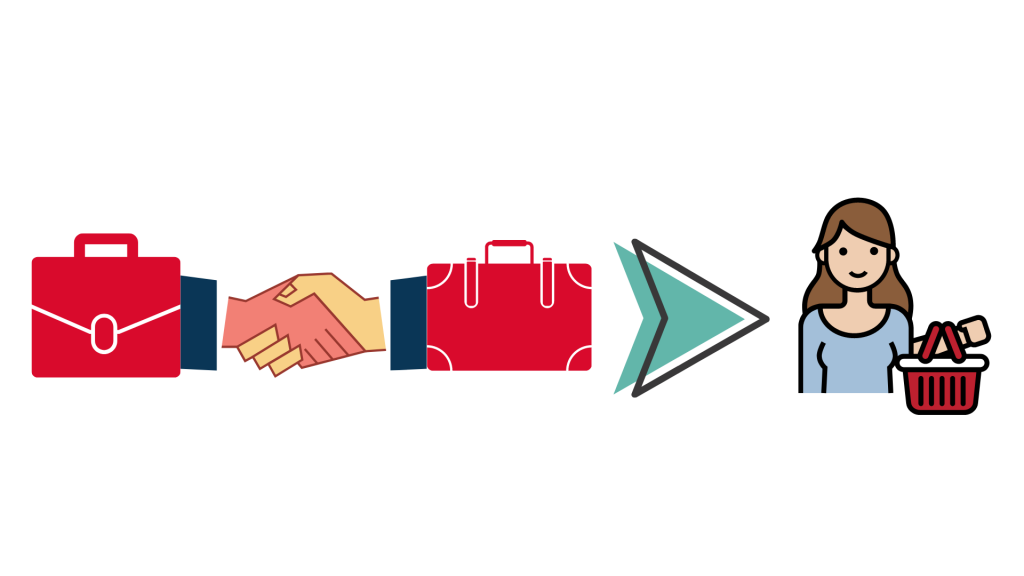
In this Business-to-business-to-consumer (B2B2C) model, a business accesses the customers of other businesses by doing a partnership. The partnership is usually done with companies that have a large customer base. It is a helpful business model for a newly emerging business that wants to acquire customers faster and cheaper. For example, if you want to sell the tickets to a show then you can partner with a large co-operate and agree to provide their employees with the ticket at a lower cost.
Advantages
- Access a large audience
- Reach prospective customers at a low cost
Disadvantage
- Difficulty in finding businesses to partner with
B2C2B
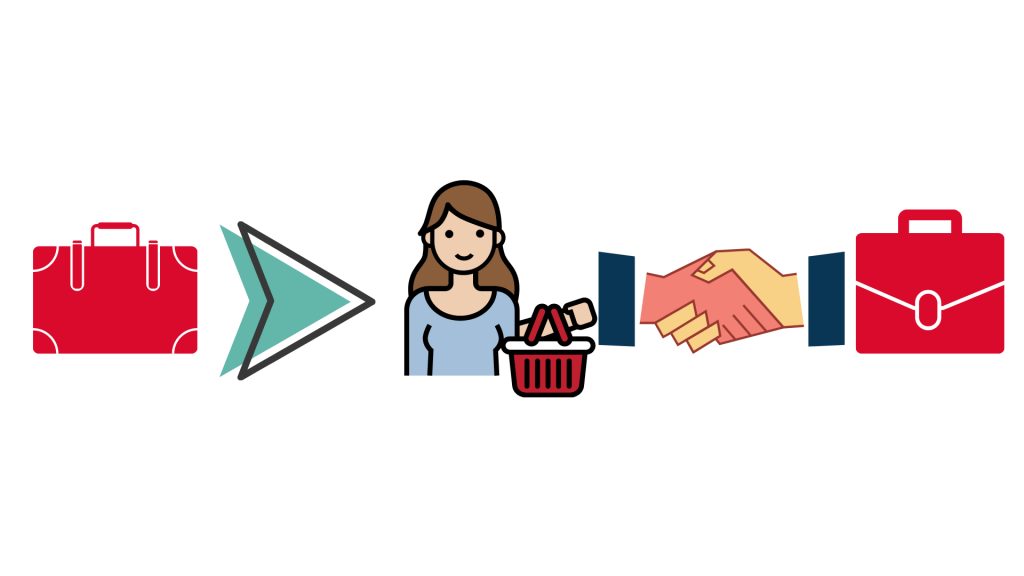
Business-to-customer-to-business (B2C2B) is a business model where the business sells to the end consumer as well as other businesses. Tire companies are the best examples of B2C2B companies. A tire company sells its product to the car manufacturers which is a B2B business as well as the end-users in tire shop which is a B2C business
Advantage
- More income opportunity
- Even if one business model fails the company can adopt another model
Disadvantages
- Requires more resources and manpower
- Difficult to manage
C2C2B
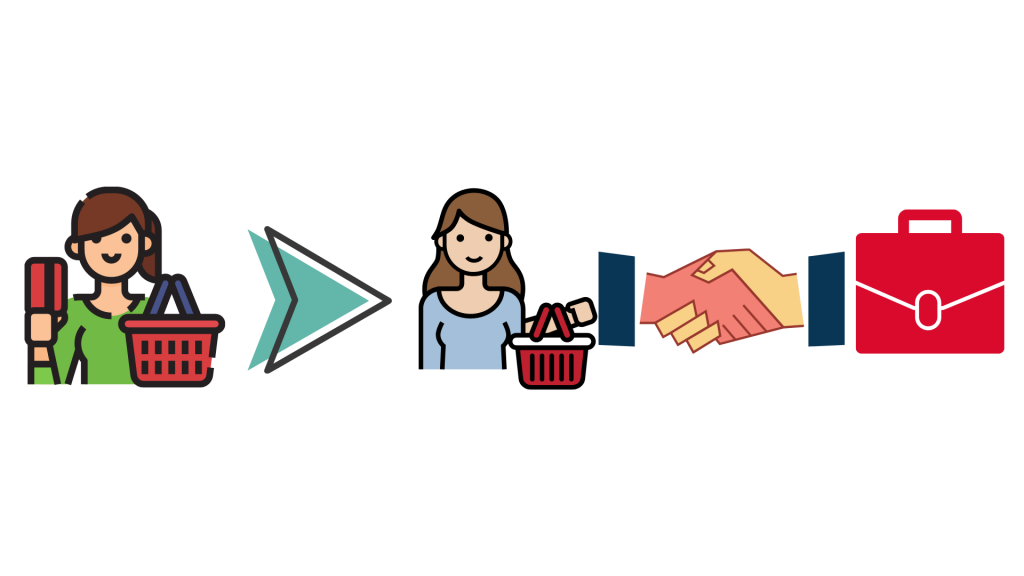
In this business model, a company partners with another individual to reach a larger audience. Influencer marketing is a C2C2B model where the business access a large audience of influencers to market and sell their product.
Advantages
- Reach a mass audience
- Cut the customer acquisition cost
Disadvantage
- Hard to find individuals with a huge following in the same niche
C2B2B
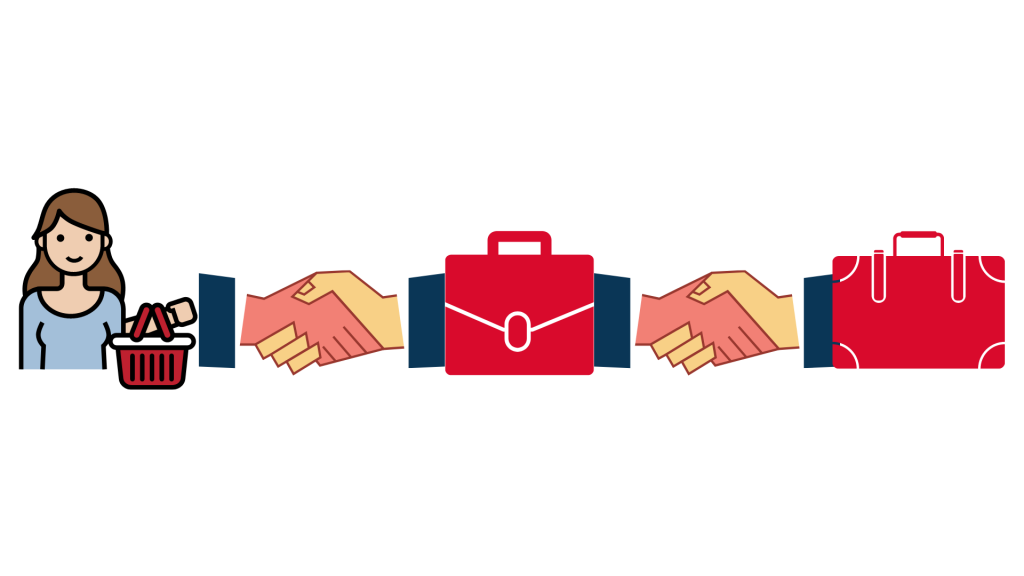
Customer-to-business-to-customer is a business model whereby a business buys a product from an individual and resells it to another business. A car resells company is a good example of a business that adopts the C2B2B model. They buy cars from individuals and sell them to the companies so that they can recycle and maintain and resell the car.
Advantage
- Sometimes good profit is made while buying and selling
Disadvantage
- In some cases, the product is in very bad and unrepairable condition and companies refuse to buy it
